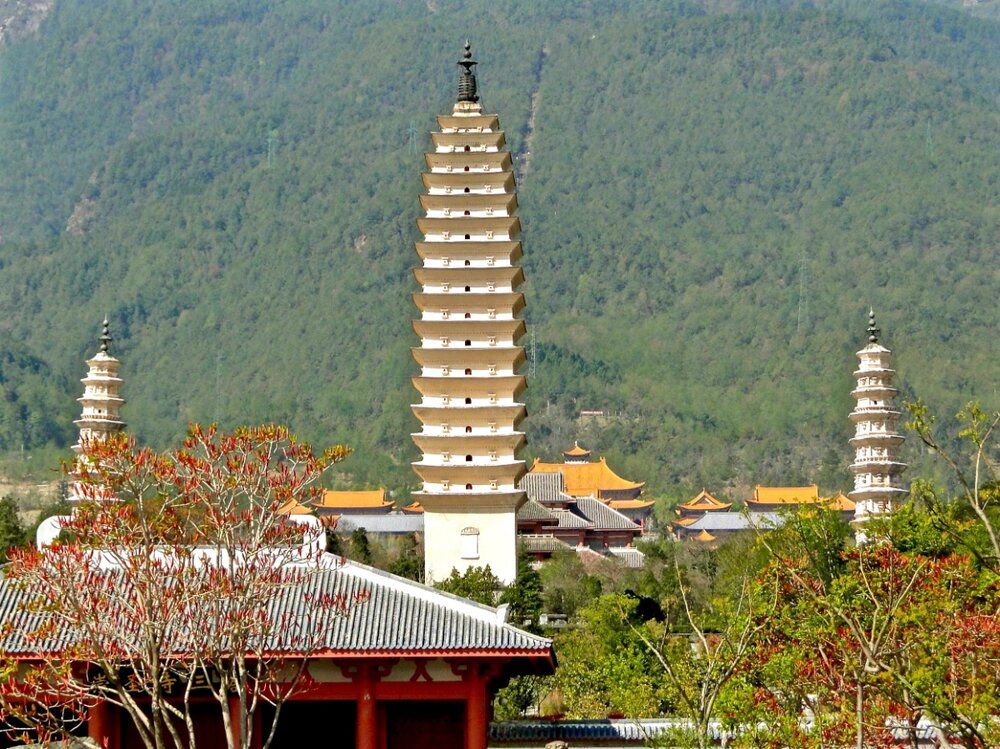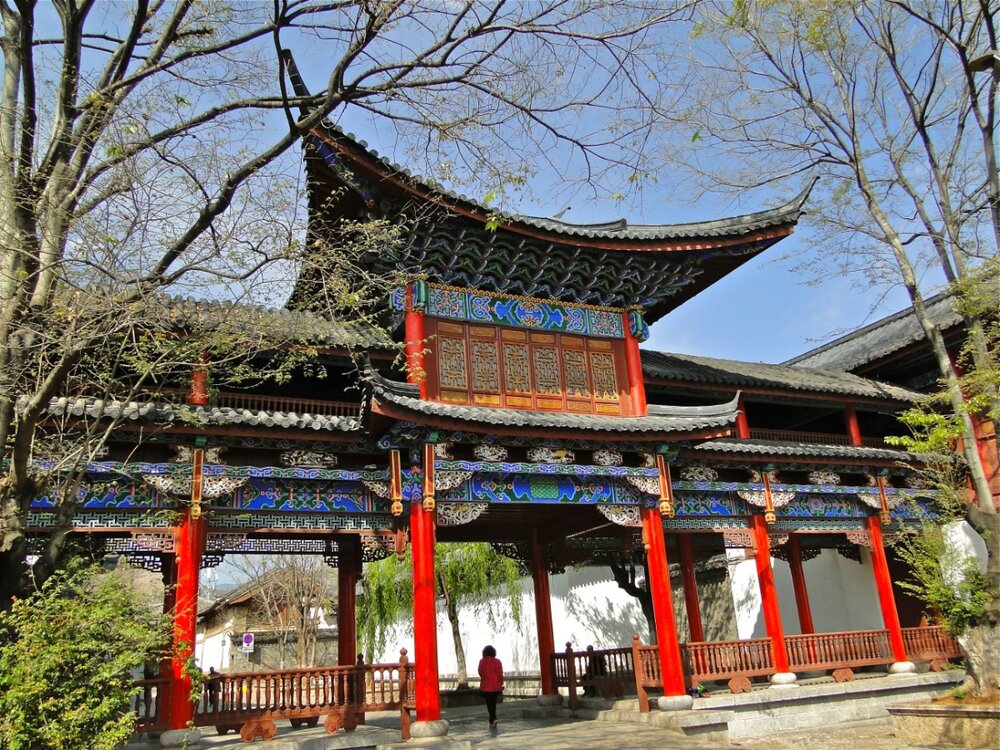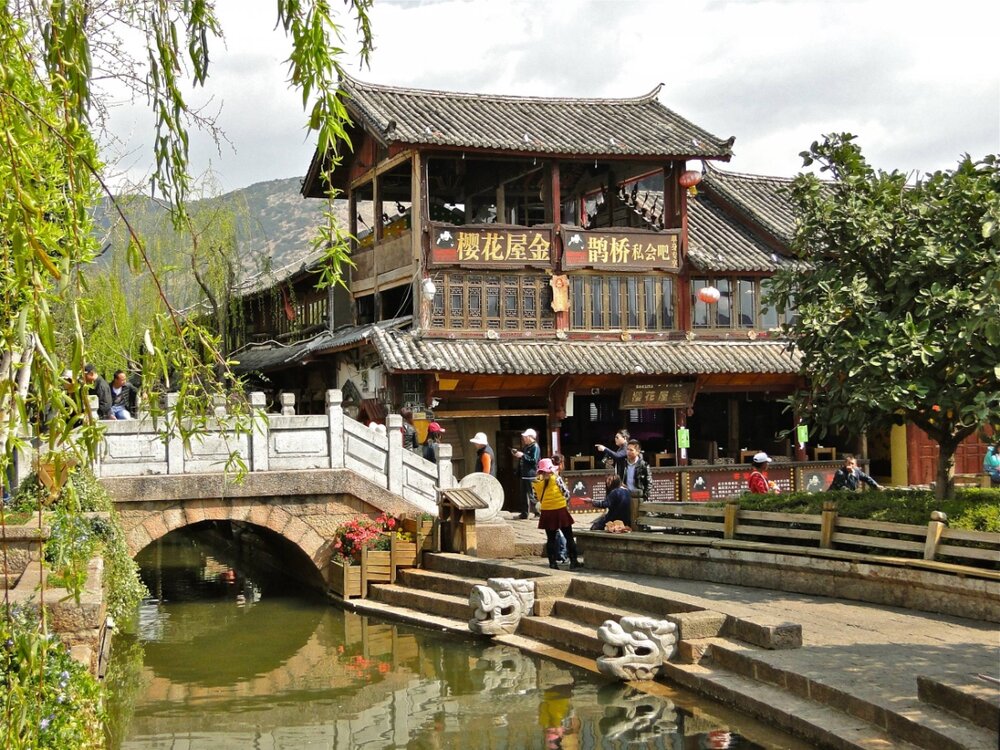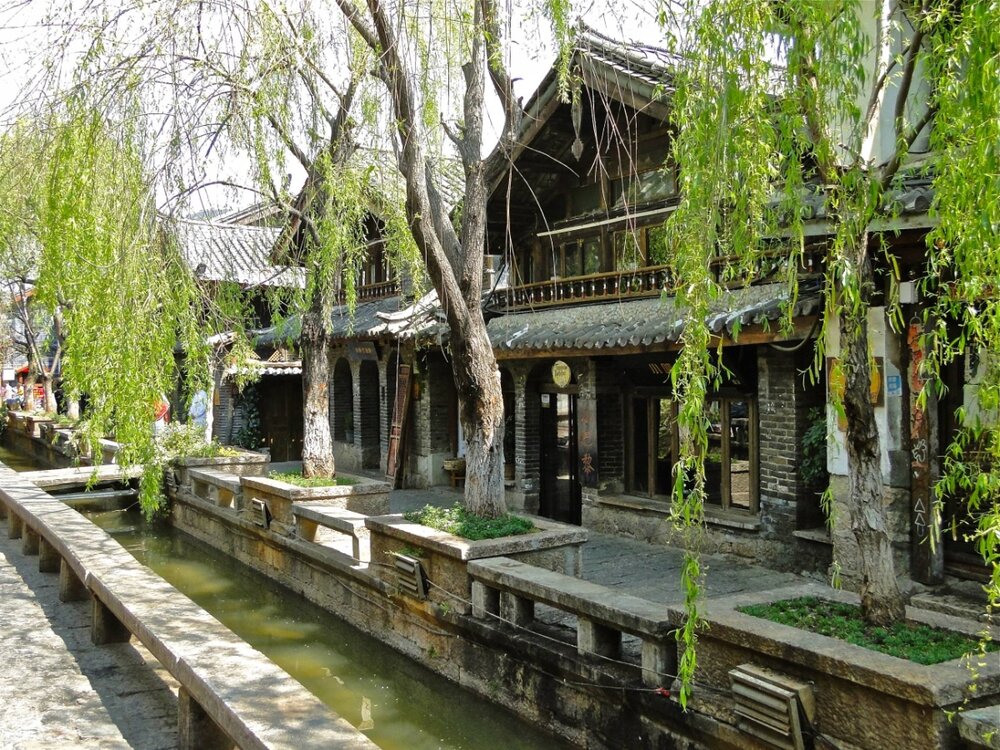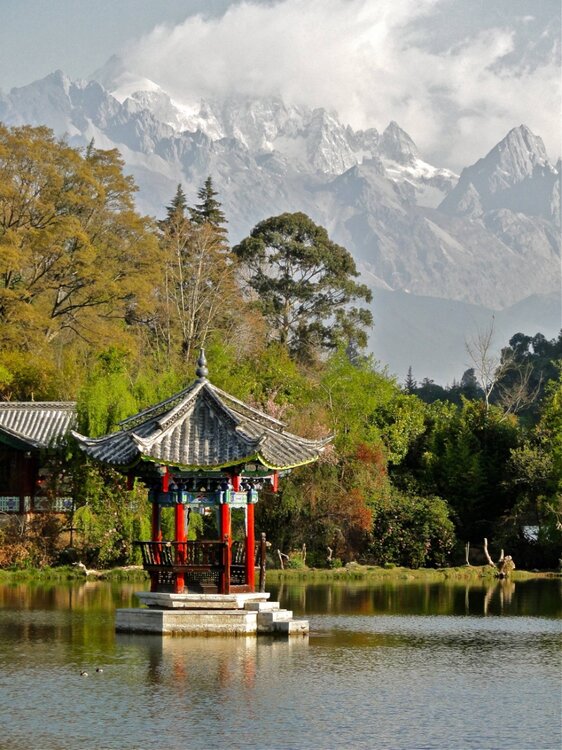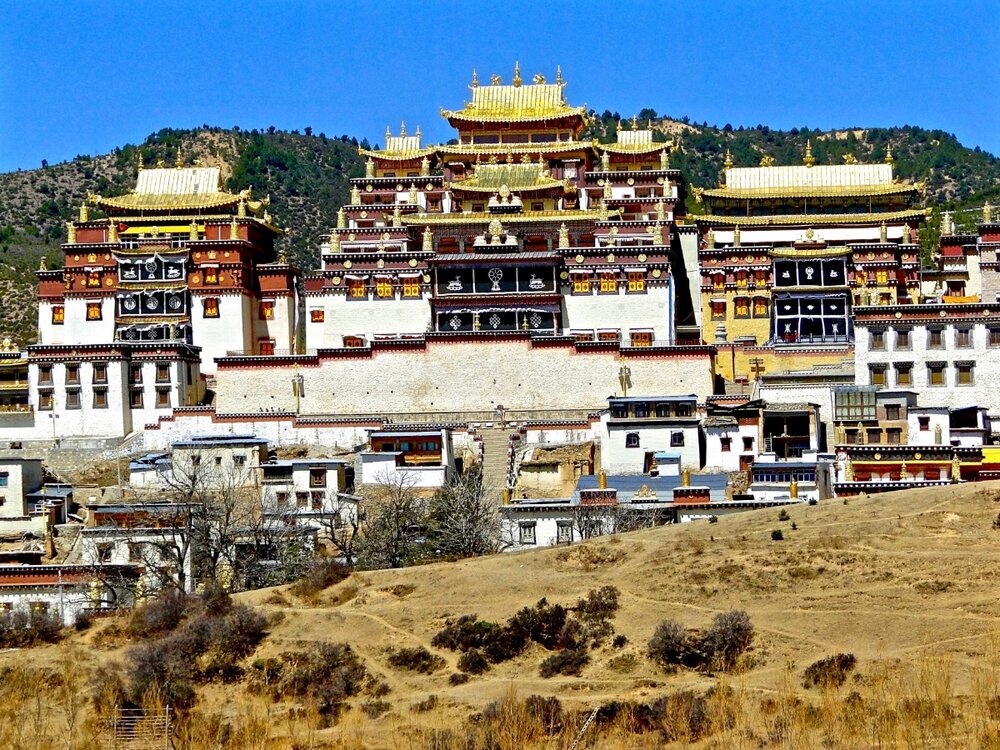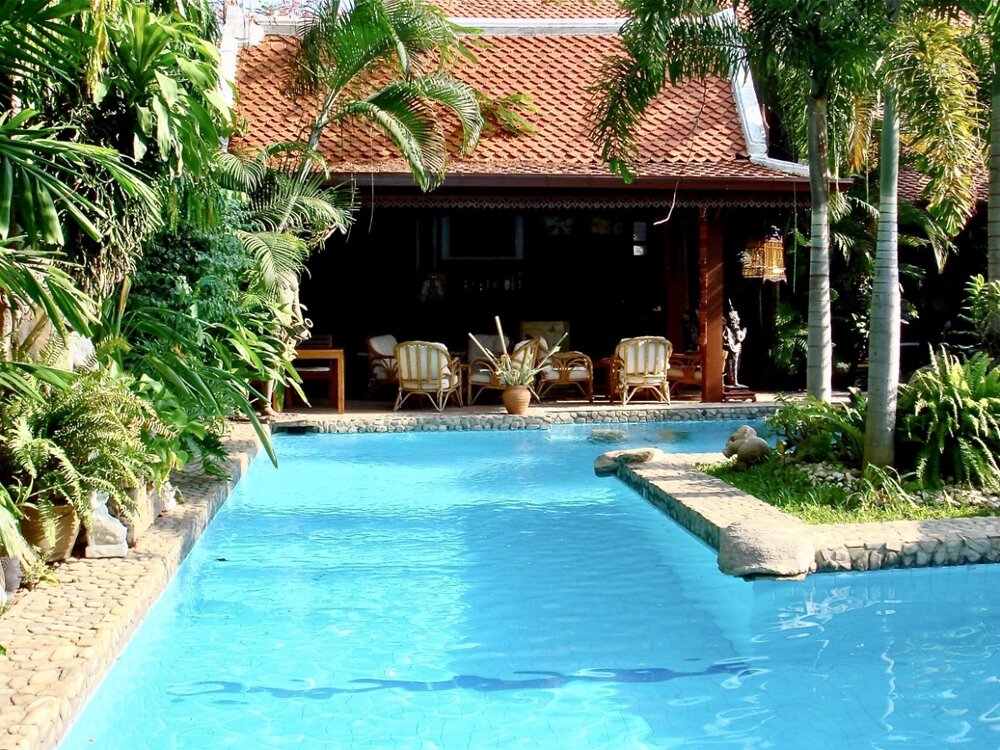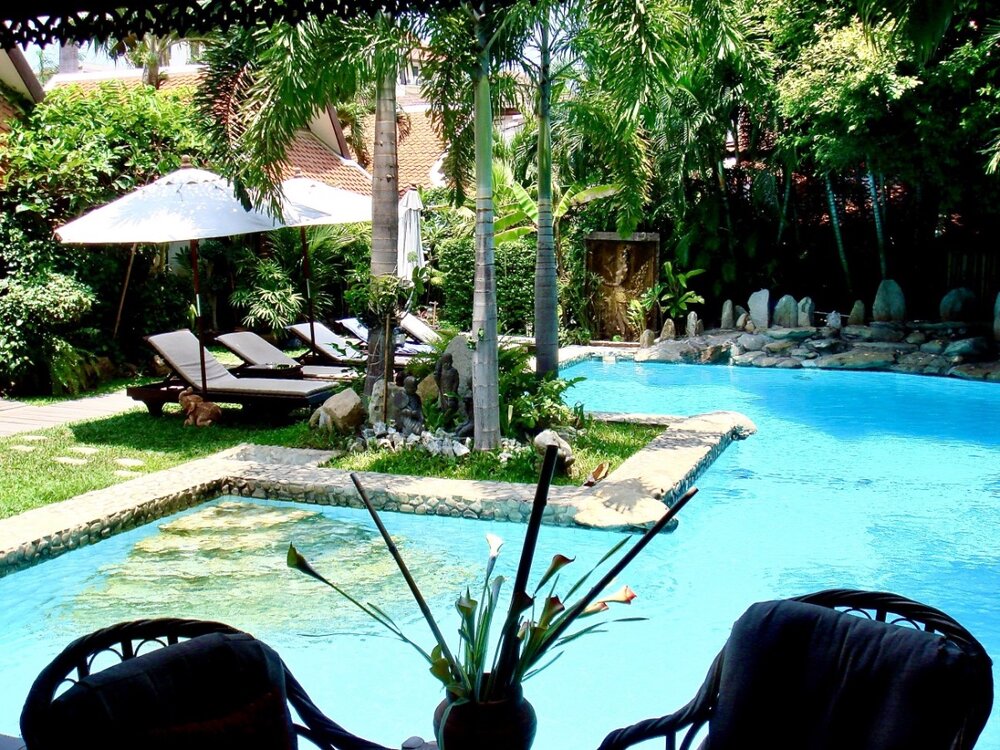
PeterRS
Members-
Posts
4,643 -
Joined
-
Last visited
-
Days Won
308
Content Type
Profiles
Forums
Events
Everything posted by PeterRS
-
Are You Prepared For The Coming Global Recession?
PeterRS replied to PeterRS's topic in The Beer Bar
That comment merely runs away from my various comments that are directly opposed to your inaccurate comments. Sorry, but nothing you have written actually backs up your assertions re the 1970s! -
Taiwan to resume visa free entry for some countries
PeterRS replied to reader's topic in Gay China, Taiwan, Hong Kong & Macau
Quarantine will remain at 3 days plus a covid test will be required on arrival. Gettting to Taipei for the Gay Pride Parade at the end of October is now looking more possible. -
Wonder what happens with taxis which do not have correct belt fittings. Yesterday I took three taxis and one had no way of affixing the back seat belts. I suspect a lot of cops will be salivating at the thought of all the notes they will be extorting once the law goes into force.
-
Are You Prepared For The Coming Global Recession?
PeterRS replied to PeterRS's topic in The Beer Bar
I still don't follow! Communist parties certainly had a presence in the immediate post-war politics of France and Italy. But they never reached any major presence and, unlike as reported earlier by another poster, never played any role in any post war Western European governments. i agree that Churchill's defeat after WWII was in part due to the desire of the electorate for a governmemt that would implement the social change proposals in the 1943 Beveridge Report. But all that took place decades before the 1970s. I stand by my first comments in response to @vinapu's suggestion that communism was keeping capitalism in check during the 1970s. Sorry but I just do not believe that assertion at all. Those in Europe who did have communist sympathies post war quickly fell by the wayside with the Soviet actions during the early part of the Cold War in the 1950s. And the few that were left quickly rethought their positions after the Berlin Wall and the Warsaw Pact forces snuffing out the desire for freedom during the Prague Spring - both in the 1960s. -
Are You Prepared For The Coming Global Recession?
PeterRS replied to PeterRS's topic in The Beer Bar
The discussion is about communism affecting capitalism and western European governments in the decade of the 1970s. The New Left was not a communist movement and in many western countries merely made up of fringe groups with little direct influence. It certainly had nothing to do with western European governments. Or did I miss something? -
Are You Prepared For The Coming Global Recession?
PeterRS replied to PeterRS's topic in The Beer Bar
Sorry @vinapu but I don't seem to be following you. Communisim was anthema to most post-war Western European governments. It had reached the peak of its influence around 1945-46. Then the Iron Curtain fell. As far as I am aware, only in Italy was there a sizeable Communist Party but it never gained power nor did it ever share power. Did communists actually particpate in any post war Western Eurpean governments - i.e. those outside the Soviet bloc? -
Are You Prepared For The Coming Global Recession?
PeterRS replied to PeterRS's topic in The Beer Bar
I reckon I had not given enough thought about it as a reaction to communism. But I still cannot believe it had anything to do with western nations reacting to communism after World War II. Western nations had had enough of communism advancing into Eastern Europe, the Berlin airlift, the spies, the race to build even bigger and better nuclear bombs being tested by exploded in the atmosphere - and so on. Communism by then was a disease to be feared and rooted out, not to be envied and in any way copied. So if communism did affect capitalism, it's surely impossible it could have done so as late as the 1970s. It certainly had an affect on some during the bleak interwar years when many, especially intellectuals, considered it as a form of socialist utopia. The madness of Stalin, his thugs and the millions they massacred ony became known after WW2. But by the end of the 1940s the Soviet Union was an Empire to be feared, not emulated. The creation of welfare states was a reaction to the deprivations of war - not a result of a comparison to communism. World War !! was a great societal leveller. Those who had fought wanted evidence that they had been fighting for more than merely freedom. -
As is obvious even from that vdo, Japan is a highly organised society hidebound by rules from virtually cradle to grave. The sex trade is equally organised and, as mentioned at the start of the vdo, it is a huge commercial business. I read somewhere that overall the business of sex in all its forms accounts for up to 3% of GDP - double that of the country's agricultural sector. These male host bars have been around for many decades but were primarily to give older women the chance to spend time with handsome young hosts. But they have proliferated hugely as much younger Japanese women rebelled against the long established rules about marriage and children. Starting in the boom years of the 1980s, they realised that their salaries were giving them independence. Like wolf packs they travelled to cities like Hong Kong and Singapore with the sole objective of buying luxury goods which are very expensive in Japan. Over a week-end the savings they could make in the Louis Vuitton and Cartier boutiques more than paid for their air tickets and their rooms in 5-star hotels. Increasingly they were chosing to stay much longer with their parents and spend their increasing salaries on themselves. In such a male dominated country, the host bars offer an escape - at a very considerable cost. As one host says, "We sell dreams." Although another says early on that he could easily fuck the patrons 365 nights a week, another stresses that it should never come to that because then the dream ends and the girl never comes back to the Club. The host's job is to get the girls to keep coming back and to keep spending on Dom Perignon and the expensive cognacs. I know there are clubs like this for boys and girls in Thailand but foreigners will never find out about them. The commercialism of the host bars tourists visit in Bangkok and Pattaya are in their infancy when it comes to getting customers to splash the cash. While we may object to 400 baht for a drink and a few hundred baht to spend half an hour sitting with a boy, that pales into insignificance when you see the Japanese women in that video spending US$2,000 and a lot more for an evening being flattered by a young man they will only be able to dream about after she leaves. It all seems rather sad. At least here in Thailand the hosts and hostesses will readily ensure that your dreams materialise with a night of sex - and at a fraction of the cost. And you can go back the next evening!
-
Cfs Asia has been all but dead for many years. Even life support seemed to fail.
-
Are You Prepared For The Coming Global Recession?
PeterRS replied to PeterRS's topic in The Beer Bar
I find it strange to believe that communism should have kept excesses of capitalism in check. Surely it had nothing to do with communism. It was the policies of President Reagan and his crony Margaret Thatcher which freed up economies and encouraged speculation. In Britain that meant selling off state assets (admittedly they were inefficient), selling off local Council housing and encouraging individuals to place part of their savings into share ownership. As that and the following decade progressed, greed on a large scale became virtual state policies. I remember getting a taxi from JFK to my hotel in the late 1990s during the dot com bubble. My taxi driver asked how much I'd made that day. I had no idea what he meant. Buying and selling stocks, he said. That day he had made US$2,000 in day trading - in and out of the market in a few hours. Then came the day that bubble burst. Then came 2008. Then came covid. The big players, the massive institutional investors which always have a head start even though it's only measured in fractions of seconds, mostly survived or were bailed out. The individuals who lost most of their savings were left to fend for themselves - as usual. With 14 years of ultra low interest rates, keeping up with inflation for most has been all but impossible. It was to a large extent the desire by so many to make a quick buck through greed and speculation that is the reason we are where we are. That and a slew of incompetent so-called leaders who should never have been allowed anywhere near a political process. -
Are You Prepared For The Coming Global Recession?
PeterRS replied to PeterRS's topic in The Beer Bar
In an earlier post, I used the 1970s as a comparison of what the world might be facing. In today's Guardian newspaper there is a letter from a lady who also lived in that decade which paints an even bleaker picture. "The current crisis with regard to rising inflation is often being compared with problems with inflation in the 1970s (Energy prices could push UK inflation to 22%, a near postwar record, 30 August). This has made me think about that time. I had babies in 1973 and 1976; there was very little part-time work, so I either worked part-time when I could or did casual work. My husband worked for the local authority and although the income was regular, it was fixed and just enough to get by – so we managed. "I do not remember prices in the supermarket, or anywhere else, rising at the speed and rate at which they are now, and of course all utilities were still publicly owned, so those prices were stable. "I feel quite angry about the present comparisons. We didn’t need food banks, there was no talk of “heating or eating”. But then the gap between the haves and have-nots was not so wide. "I believe that the 70s were the time of greatest financial equality since the second world war. That changed in the 80s and has never gone back." https://www.theguardian.com/business/2022/sep/02/in-the-1970s-we-didnt-have-to-choose-between-heating-and-eating -
Totally agree. But it will never happen until one owner is sent to jail for several years and fined a large amount of cash.
-
Wow! That was lucky.😀 In the rush hour or a rain storm, I have waited closer to 15 minutes. I do believe taxi drivers deserve a raise - a considerable one. But I am increasingly pissed off at the number who now pass by empty and with the meter off. The distance between the supermarket and my apartment is less than 1.5 km and only a small turn off the main soi is required. A taxi driver wanting to go further along the main soi would get my fare for a delay of at most two minutes. Yet five empty taxis passed by, each without the 'busy' sign lit, not one bothering even to ask where I was going. Another dreadful place for taxis is the junction of Chidlom and Petchburi. Empty taxis coming down Chidlom only rarely bother to pick up passengers from the taxi queue outside Central Chidlom even when flagged down by one of the Central Dept. Store staff. Since I visit TOPS there quite a lot, I estimate an average of at least six pass by empty each time. And try walking round to get one on Ploenchit as it nears Chidlom. Most with lit 'available' signs will be in the outer two lanes or will quickly move into the outer two lanes. GIve these guys a raise, but get them to do what a taxi should do - at least stop and take passengers they want to go, unless the driver has to go somewhere else at shift change time.
-
With all respect, taxis certainly do not crowd the streets of BKK. Trucks are banned in the city until about 9:00 pm. So in the daytime most of the traffic consists of private cars. The number of private cars I see with just the driver - or a passenger plus the family driver - inside is vastly greater than all other vehicles. The problem with Bangkok's streets is largely twofoold. When the city started expanding, it filled in most of the city's klongs. Most klongs were quite wide, but those that were left were considerably narrowed to allow for more construction either side. With no new laws to make roads wider, many sois became traffic bottlenecks. Worse, many were dead ends, leaving traffic nowhere to go. An astonishing 37% of the city's roads are virtual dead ends! Bangkok also has a dreadful road to area ratio of just 8%. Often gridlocked Tokyo fares far better with 23%. New York has 32%. The city also has far too many areas without relatively easy access to major roads. This has also resulted in a lack of public transportation in those areas. Getting in and out of those areas needs a vehicle. Regulations governing shopping malls and office buildings are also different in Thailand compared to the rest of the region. Commercial buildings are permitted to accommodate many more cars than is the case in major capital cities around the region. Also, if you live and work in Tokyo, for example, you are only allowed to own a car if your car has private access to two car park spaces, one at home and one at work! As a result, Bangkok now has 4.3 million private cars. This is aided by parking spaces around the city which are very cheap. In the centre of Bangkok it is little more than 40 baht for the first two hours. In Hong Kong, it is roughly ten times more expensive. At Robinsons Shoping Mall in Singapore, you'll pay 157 baht for every 30 minutes and a higher rate between 6:00 pm and midnight. Most cities also have vastly more parking meters than Bangkok. Bangok's traffic woes are primarily a lack of streets, far too many private cars for the existing streets, a lack of parking spaces and those that are avaiable are vastly too cheap. Until travelling by private car is made a lot more expensive and the city authority constructs many more roads, traffic gridlock will continue in BKK. https://www.bangkokpost.com/opinion/opinion/1762349/understanding-bangkoks-traffic-woes
-
I have several friends who suffered from Alzheimers, two sadly no longer with us. The early stage seems very similar in each case. We'd meet quite regularly but once the disease begins I'd notice they'd ask me several times during a lunch or coffee - "and what are you doing now?" I think we all know that it is short term memory that is the first part of the brain to be affected. I remember seeing a very touching movie about the writer Iris Murdoch beautifully performed by Dame Judi Dench with Jim Broadbent as her loving husband. In the movie, Iris mentions that she first became aware that something was wrong when she could not remember a specific word when she was writing. This sometimes concerns me as I will perhaps be watching television and want something from the fridge. When I get there, I wonder "what was it I wanted to get?" Thankfully it only takes a second or two before I remember. Friends tell me this is not uncommon as one gets older. But if it gets worse over a period of time, I will get checked.
-
"food, fun, culture, and community" Glasgow's Greast Western Road has absolutely nothing apart from some restaurants. It's a long street with mostly houses and apartments and often filled with traffic! What a dreadful list!
-
Are You Prepared For The Coming Global Recession?
PeterRS replied to PeterRS's topic in The Beer Bar
Japan has one of the lowest interest rates because the Japanese population has not been spending at anywhere near the same rate as in other countries for many years. Having been burned badly in the 'lost' decade, they prefers to save. For many years the government has tried to encourage spending. None has worked. So some time ago it introduced negative interest rates. In other words, you pay the banks for holding your money! Japan's national debt as a percentage of GDP is also well over double that of the USA - around 291% to 128%. -
Half presumably are girls, half boys.
-
The attached Bangkok Poat article from 13 months ago suggests that 90% of Filipinos are circumcised "for non-religious reasons." This implies that Muslim and Jewish boys have to be added to the 90%. WIth 5.57% of the population being Muslims, that adds around 2.78% more boys. It seems the number of Jewsh boys would be insignificant. So the chance of finding a non-circumcised boy will be slim. I suspect most purely ethnic Chinese boys (roughtly estimated at 700,000) will not be circumcised whereas those of mixed Filipino/Chinese decent will. https://www.bangkokpost.com/world/2173455/philippine-circumcision-season-underway-after-virus-delays
-
High-speed railway on course for completion in 4 years
PeterRS replied to reader's topic in The Beer Bar
And no doubt the popiticians and their cronies have been buying up the land to sell back to the state at a vastly inflated price! Kunming will be a great destination, though, from Bangkok. Yunnan has some specatcular sights for tourists whenever tourism opens up again. Five years ago I went to Dali, the wonderful old town in Lijiang ending with a stay outside Shangri La (Zhongdian) with its stunning Tibetan Ganden Sumsteling monastery, arguably the finest outside Tibet and often called the Little Potala Palace. -
Are You Prepared For The Coming Global Recession?
PeterRS replied to PeterRS's topic in The Beer Bar
I doubt if anyone seriously believes at a time of soaring inflation when national economies are desperately trying to reduce debt built up over the covid crisis and at the same time keeping their national costs of living from going through the proverbial roof, many countries will be in the market to purchase any other country's debts! -
On my infrequent visits to Pattaya I stayed there about 6 times. It was located on the right down the quiet Thappraya Soi 1. I loved it. It had only six bungalows set around the pool. In addition there was a bar and they served an excellent breakfast, although no other meals. They almost encouraged you to bring guests back and, yes, they gave you a key to the gate because it was closed at 10:00 pm. When I first stayed it was run by the two French guys. The last time I was there about 5 years ago they had split up and only one guy owned it. The website with a booking form is no longer. I suspect it might be closed although both agoda and booking.com are taking bookings. On their sites high season rates are around 2,250 baht per night without breakfast which is roughly what was being charged 5 years ago.
-
Corruption watchdog fired for being ‘unusually wealthy’
PeterRS replied to reader's topic in The Beer Bar
The NACC has been a toothless tiger for decades. Some of its own members have also been accused of being unusually wealthy. The present acting Prime Minister Prawit Wongsuwun, then a member of the NACC, was accused in a much publicised affair of having a large number of undeclared expensive wrist watches. The President of the NACC promised a "professional, transparent inquiry" in January 2018. But the President had earlier been a subordinate of Prawit! By August 2018 with this seemingly simple Inquiry still far from complete, the Prime Minister removed Prawit from the NACC. That December Prawit was cleared of wrongdoing by the NACC! The basis of the decision was that he had allegedly only borrowed them! Earlier in the 2000s there was a major scandal over the founding of the Bangkok FIlm Festival. In a 2007 case in the USA a pair of producers who worked for the Festival were jailed in 2010 for having given kickbacks to the Governor of the Tourism Authority of Thailand, Jutamas Siriwan, and her daughter which the TAT ran from 2003 to 2006. Even though the US Dept. of Justice had provided Thailand with all the evidence, the NACC took FIVE years to complete its own investigations! At least in this case Jutamas and her daugher were finally charged and given multi-decade jail terms. SInce the military coup in 2014 activists have accused the regime of numerous cases of nepotism. One involved corruption in the construction of the billiion baht Rajabhaki Park Complex in Hua Hin built by the army. The NACC disimissed all such cases. More instances of this country having a very different set of laws for the rich and elite! -
Are You Prepared For The Coming Global Recession?
PeterRS replied to PeterRS's topic in The Beer Bar
I am old enough to remember the recession in the UK in the 1970s which lasted virtually the entire decade. The primary cause was the increasing influence of OPEC which started by raising the price of oil by 400%. At the same time, the Conservative government of Edward Heath took on an increasingly militant miners' union. The end result was a 3-day working week and daily electricity cuts. Averge inflation in that entire decade was 13.2%. In 1975 alone inflation reached 24.2%. Between 1973 and 1975 poverty rates doubled. Britain survived but it was only through what might be called a quirk of fate. In the late 1960s the oil producers had discovered oil in the North Sea off Scotland. The UK was to become a nett oil and gas exporter by the end of the 1970s. How deep would the recession have been without the benefit of North Sea oil revenues? As @fedssocr points out, today lots of problems are coming to a head at the same time. With democracies now a den of partisan school bullies with one Republican Trumpist senator in the USA even suggesting last Sunday there will be riots if Trump is indicted - aside: how on earth did Senator John McCain ever find the frightful Linday Graham a close friend? - who is going to lead the world out of the coming crisis? -
Are You Prepared For The Coming Global Recession?
PeterRS replied to PeterRS's topic in The Beer Bar
Sorry, but I tend to think of all the tens of millions (maybe 100s of millions) who will be out of work or earning a fraction of what they used to earn, who will have to get used to electricity bills 70%-80% higher and have diffficulty putting food on the table for their families. There is no such thing as a "good recession" for anyone - apart from the rich.




